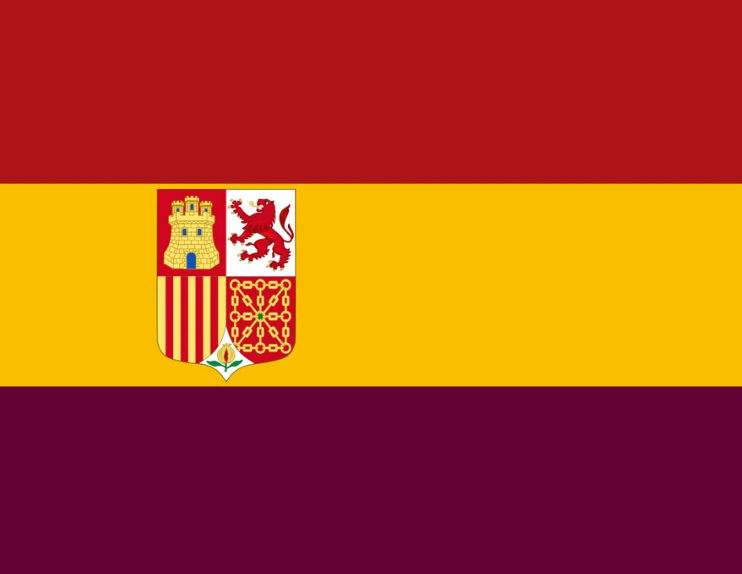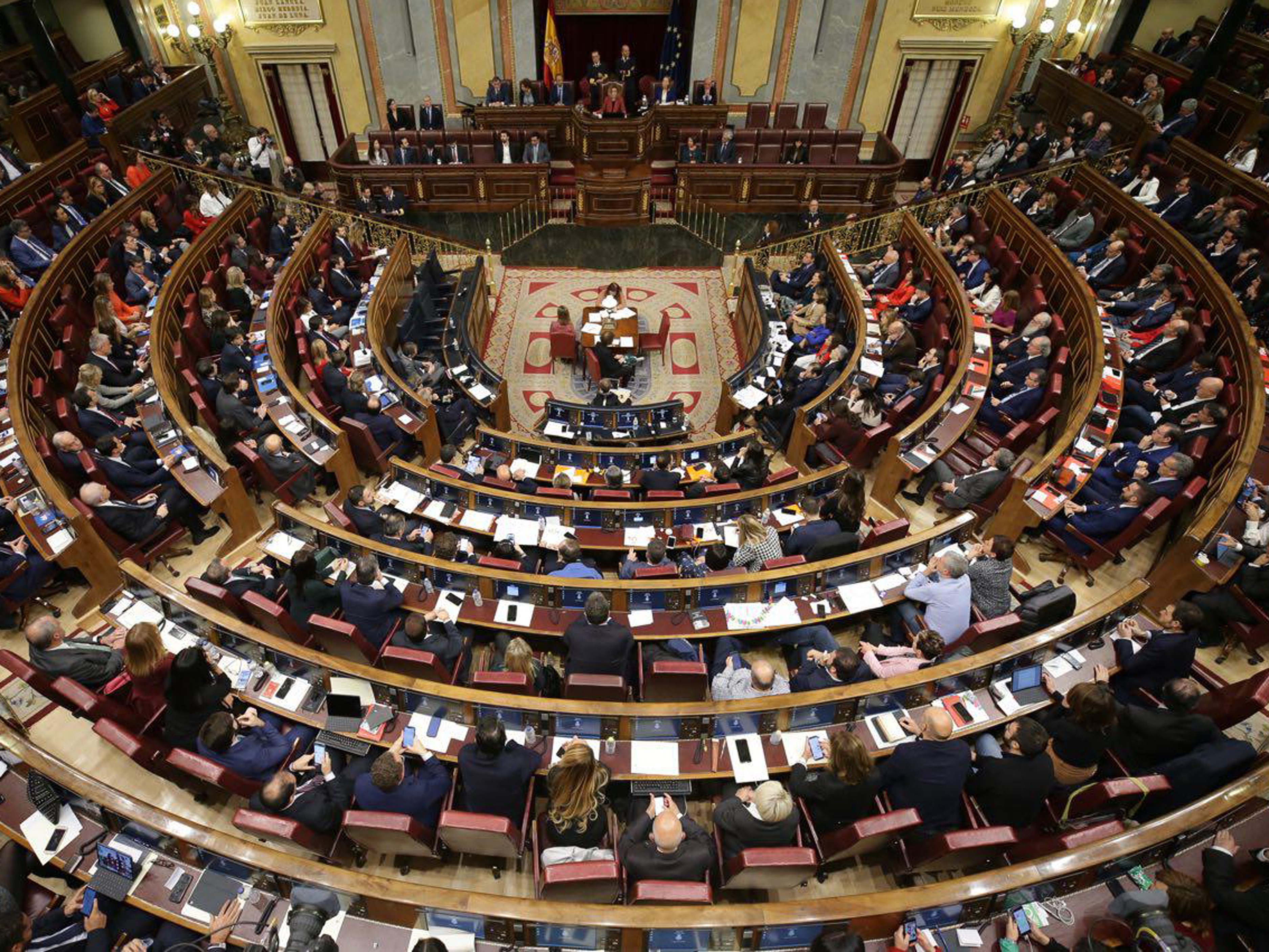 There's been growing discontent in Spain towards the monarchy represented by King Felipe VI. This feeling has been magnified by a series of scandals involving the former King, Juan Carlos, and allegations of financial impropriety. The re-emergence of public sentiment questioning the monarchy's relevance in Spain's contemporary political climate, combined with the ongoing tensions between Catalonia and Madrid over matters of independence and autonomy, have set a peculiar stage for Spain's future.
There's been growing discontent in Spain towards the monarchy represented by King Felipe VI. This feeling has been magnified by a series of scandals involving the former King, Juan Carlos, and allegations of financial impropriety. The re-emergence of public sentiment questioning the monarchy's relevance in Spain's contemporary political climate, combined with the ongoing tensions between Catalonia and Madrid over matters of independence and autonomy, have set a peculiar stage for Spain's future.
Historically, Spain has seen such a transition before - moving from a monarchy to a republic in the 1930s. However, the Second Republic only lasted for about five years before it succumbed to a civil war and a dictatorship. Transitions, especially ones that involve such a dramatic shift in governance and power, are complex, unpredictable, and fraught with challenges.
Such a transformative change would not just mean abolishing the monarchy and introducing a republic, but also the creation of a new constitution - a powerful document that represents a country's values and sets the path for its future. Each of these transformations brings its own set of uncertainties, hurdles, and potential revolutionary shifts.
If imagined as a procession of events, what would this cardinal shift look like?
"Once upon a time in the not-too-distant future, the land of Spain experienced a shift in political and social sentiment. Citizens began to seriously question the monarchy's relevance and wondered if a republic would better serve the needs of the people. What began as a whisper transformed into a bold movement, shaking every corner of the country, from the streets of Madrid to the beaches of Valencia.
As the push for change gained momentum, Spanish politicians of all stripes took notice. They recognised the thirst for reform, and Spain's parliament held a historic debate regarding the path forward. After lengthy deliberation, they agreed that discussing a transition from a monarchy to a republic was inevitable. The government decided to form a diverse cross-party group, called the Committee for Constitutional Change, representing the people's will and the multiplicity of perspectives within Spain.
Under the guidance of the Committee, the process commenced with a series of public consultations across the country. These consultations served as a platform for the citizens to voice their opinions and concerns. The Committee members listened intently, adjusting their stances with the evolving perspectives of the Spanish people.
Following an exhaustive consultative phase, the Committee submitted a proposal to parliament, recommending a public referendum to decide the fate of the Spanish monarchy. The government, acknowledging the importance of public input, scheduled the referendum for six months later to provide ample time for Spaniards to weigh the pros and cons of such a monumental shift.
In those six months, the nation found itself consumed by intense debate over the merits of a republic and the appropriate place for the monarchy in modern Spain. Families and friends discussed heatedly around dinner tables, passionate arguments spilt out into streets and plazas, and expert opinions found their way to newspapers, television screens, and social media.
Finally, the day of the referendum arrived. As the sun rose over Spain, millions queued up to cast their votes at polling stations. The country held its breath, anticipating the outcome of this historic moment. The results trickled in late into the night, with the nation on tenterhooks. In the end, the people of Spain chose the path towards a republic, embarking on a new chapter in their storied history.
 After the dust settled, the Committee for Constitutional Change convened again to form the Constituent Assembly, which was given the mandate to draft a new constitution for the Republic of Spain. The assembly included representatives from a wide range of political parties, regions, and socio-cultural backgrounds, ensuring that the new constitution truly represented the people of Spain.
After the dust settled, the Committee for Constitutional Change convened again to form the Constituent Assembly, which was given the mandate to draft a new constitution for the Republic of Spain. The assembly included representatives from a wide range of political parties, regions, and socio-cultural backgrounds, ensuring that the new constitution truly represented the people of Spain.
Months of arduous work went into the drafting process, as the assembly debated the country's values, rights, and future governance structure. Finally, a new constitution emerged that enshrined the principles of democracy, transparency, and social justice. Upon presenting the constitution to the parliament and securing its members' approval, the Constituent Assembly dissolved, marking the successful conclusion of its mission.
The new Republic of Spain prepared to elect its first President, who would serve as a symbol of national unity and embody the values of the republic. A spirited and fiercely contested election resulted in the selection of a charismatic president who pledged to shepherd Spain into a new era of progress and inclusivity.
With the new constitution in place and the president inaugurated, the Spanish government reformed its institutions one by one, and a fresh wave of change swept the nation. Spain, now a republic, strode confidently towards a promising future, built on a resilient foundation of democracy, freedom, and the collective aspirations of its people.
And so, Spain journeyed onward into its new era, guided by the spirit of progress and the dreams of its diverse citizenry. Although challenges and uncertainties remained, the nation embraced the path towards a more democratic and inclusive future, creating a new legacy for generations to come."
Resembling a story straight out of history, this imagining hears the echoes of Spain's current debates and the whispers of a future yet to come. However, whether fiction turns into reality depends on numerous intertwining factors, including evolving public sentiment, political will, legal routes, and Spain's socio-economic climate. That yet remains an unfolding tale within Spain's richly woven history.